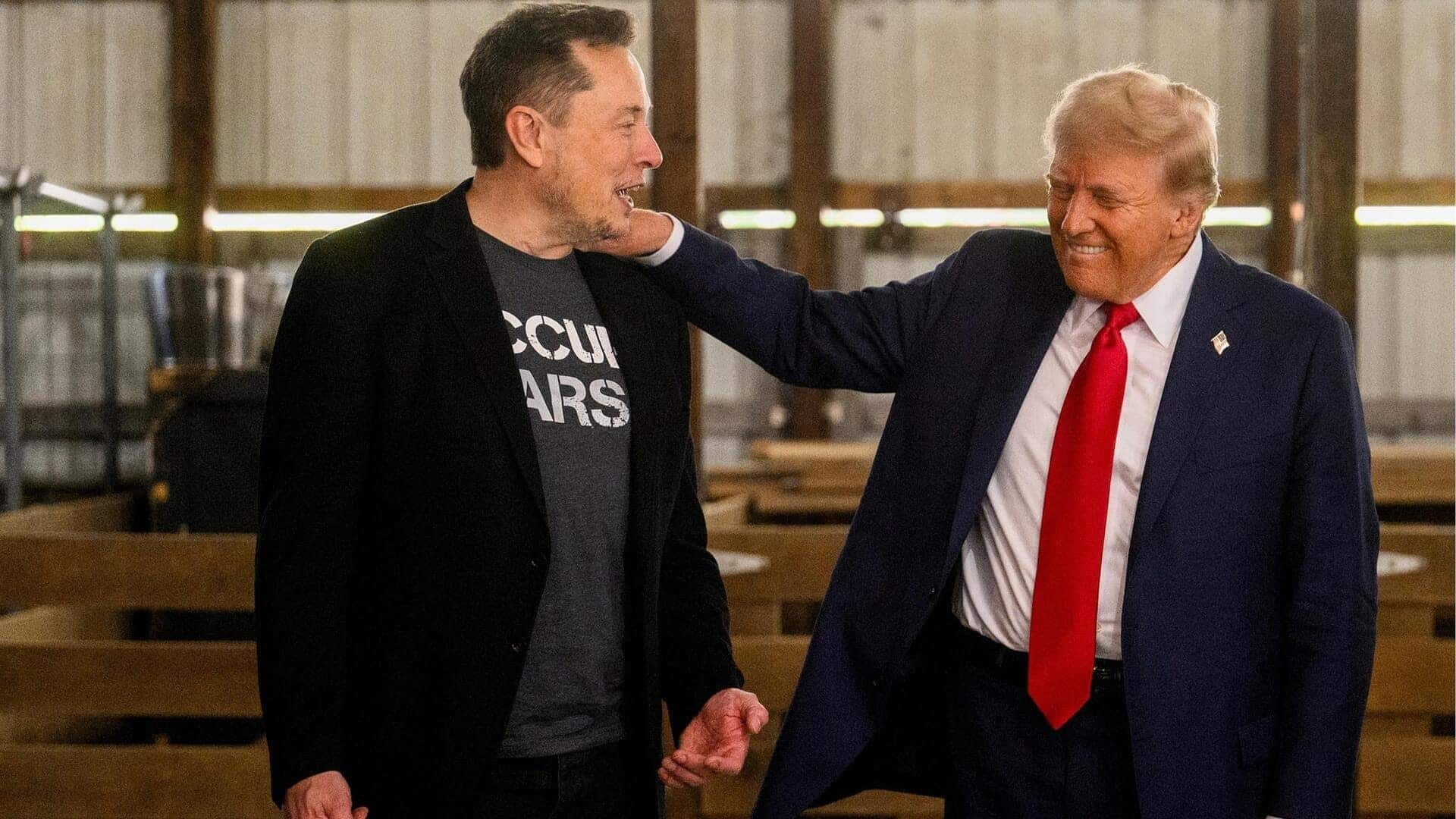
Trump's overhaul of $42B broadband program could benefit Musk's Starlink
What's the story
West Virginia Governor, Patrick Morrisey, recently announced major changes to a federally subsidized broadband initiative.
The move, which appeared to be an extension of a government project at first glance, is actually the first case of a state acting under the Trump administration's directive.
The goal is to revamp a multi-billion-dollar fund that could potentially benefit White House advisor Elon Musk and his satellite internet service Starlink.
Program changes
Trump administration's broadband program overhaul sparks debate
The Trump administration is revamping the $42 billion Broadband Equity, Access and Deployment Program (BEAD) to be "tech neutral."
The change would promote more satellite internet services, even as experts argue that fiber-optic cables are the most efficient and cost-effective method for connecting underserved communities.
Critics of Musk see this move as a potential gift to the tech mogul.
State response
West Virginia given 90 days to assess broadband options
In light of the changes, White House officials have granted West Virginia a 90-day period.
The state is responsible for assessing the best methods to deliver fast internet service to residents in remote areas, including satellite options.
Evan Feinman, former head of the federal broadband grant program under Biden, slammed the move as unnecessary and counterproductive.
Program critique
BEAD program criticized for slow progress and potential bias
The BEAD program, created by Congress in the 2021 infrastructure bill, has been criticized for its snail-paced progress.
Trump was surprised on the Joe Rogan podcast that BEAD had not connected a single household yet.
Critics argue that the redesign could lead to Starlink receiving significant funding, potentially at the expense of fiber broadband.
Expert concerns
Critics warn against favoring satellite over fiber broadband
Telecom policy analyst Blair Levin and Drew Garner of the Benton Institute for Broadband & Society have cautioned against prioritizing satellite over fiber broadband.
Levin argued that traditional fiber broadband is faster, cheaper, and more reliable than satellite internet.
Garner compared satellite internet to a dirt road and fiber internet to a highway, highlighting the far superior capacity of fiber for infrastructure development.
Grant concerns
Musk's Starlink faces scrutiny over potential grant allocation
Starlink, which is owned by Musk's SpaceX, connects with an orbiting satellite constellation using a small antenna.A Starlink plan similar to high-speed fiber service costs some $120 per month, with hardware costing around $400.
Telecom analysts like Garner worry that the changes introduced by the Trump administration could result in a major chunk of federal funds going to Starlink, possibly at the cost of other broadband efforts.